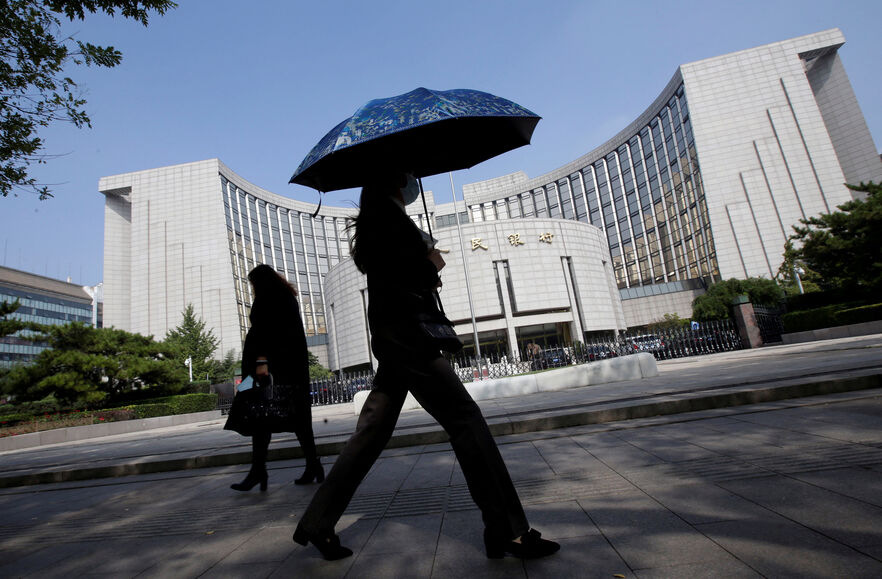What does a dovish Fed mean for Asia FX? Goldman Sachs answers


Investing.com-- The Federal Reserve’s first interest rate cut in over four years quelled market fears of a recession, Goldman Sachs (NYSE:GS) said, with improved risk appetite likely to boost rate-sensitive Asian currencies.
GS said in a recent note that it expects outperformance in several emerging market currencies in Asia, while rate markets are also expected to benefit from an accelerated easing cycle by the Fed.
The Thai baht is expected to outperform in the near-term, as are the South Korean won, Taiwan dollar, and Indonesian rupiah.
The Chinese yuan, on the other hand, is expected to lag, amid persistent weakness in the Chinese economy. The Philippine peso is also likely to lag, while the Indian rupee is set to remain steady, given the Reserve Bank of India’s preference for FX stability.
While a dovish Fed is expected to invite rate cuts from most Asian central banks, the rate differentials are set to keep regional debt more attractive in relation to the U.S.
GS expects six consecutive 25 basis point cuts by the Fed between now and June 2025, flagging a faster easing cycle than initially expected.
But the investment bank noted that the 2024 U.S. elections presented a “key risk event” for Asian markets, especially the prospect of higher trade tariffs against China.
GS sees the won, ringgit and the baht as the most vulnerable to trade headwinds.





